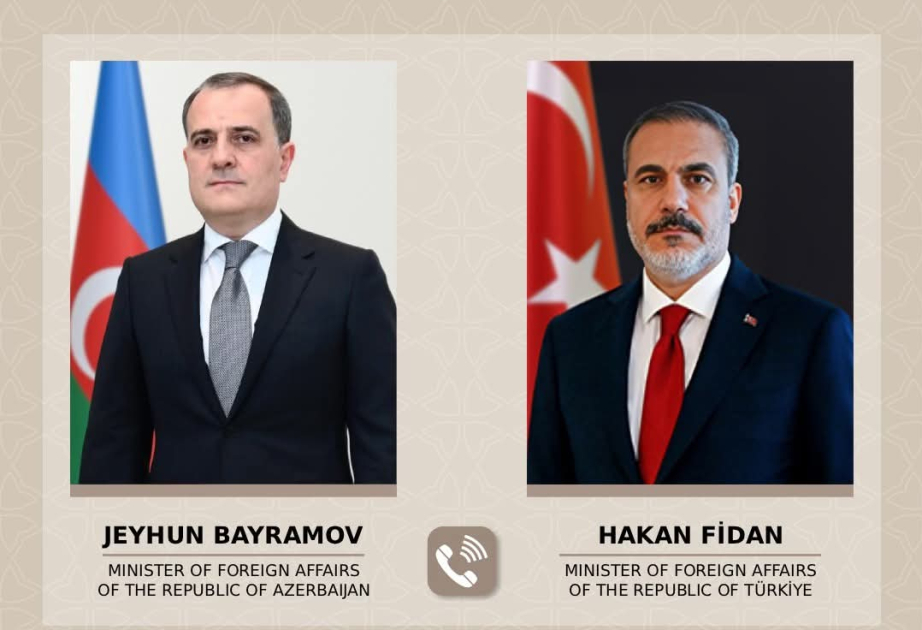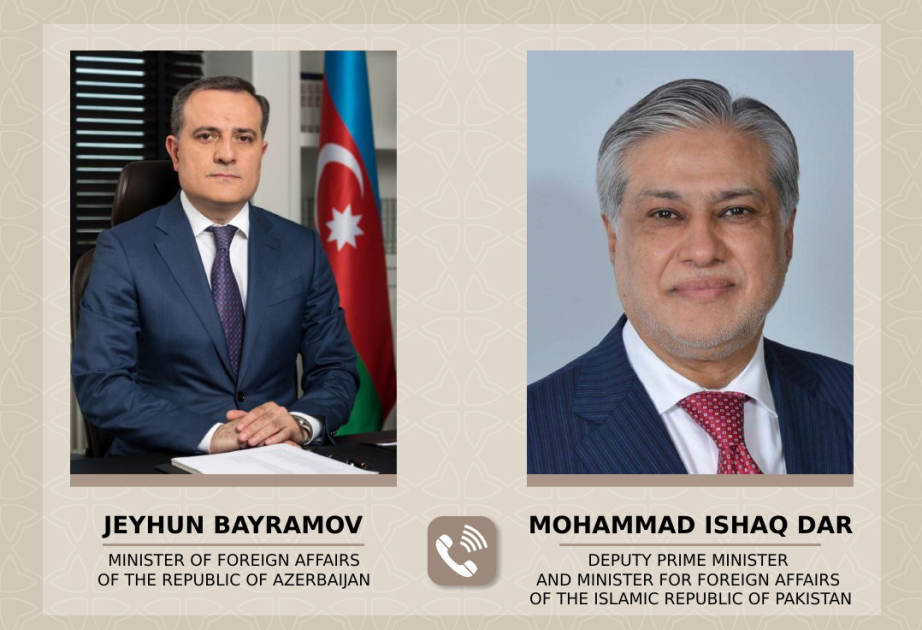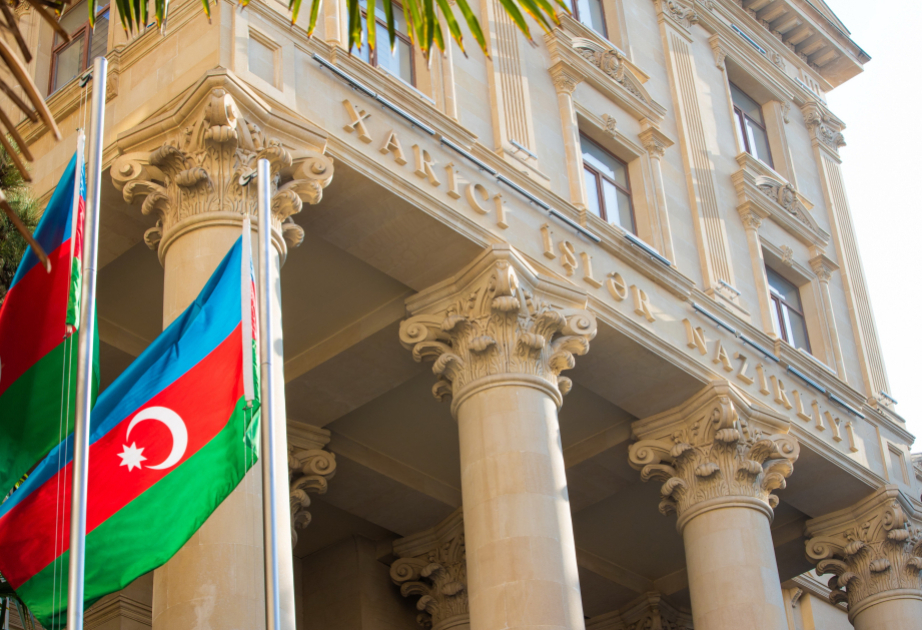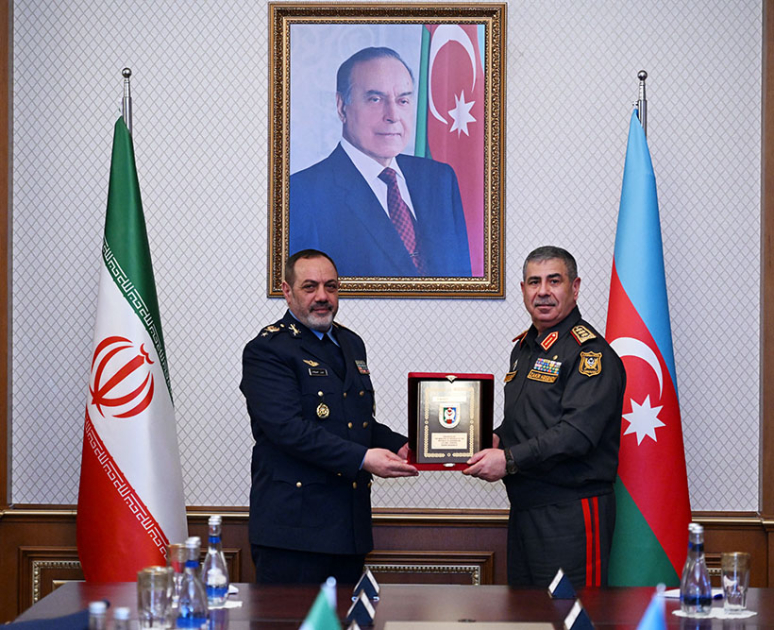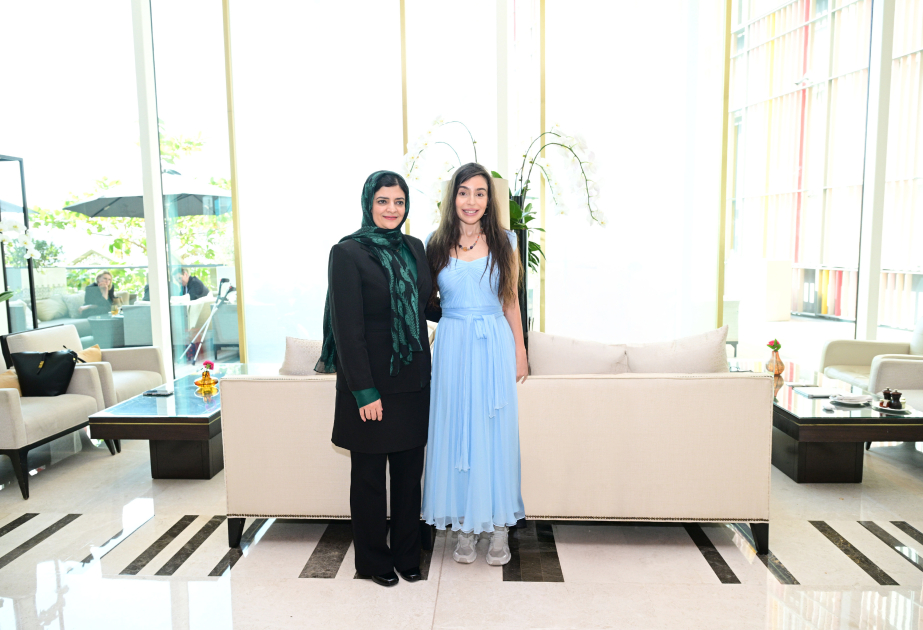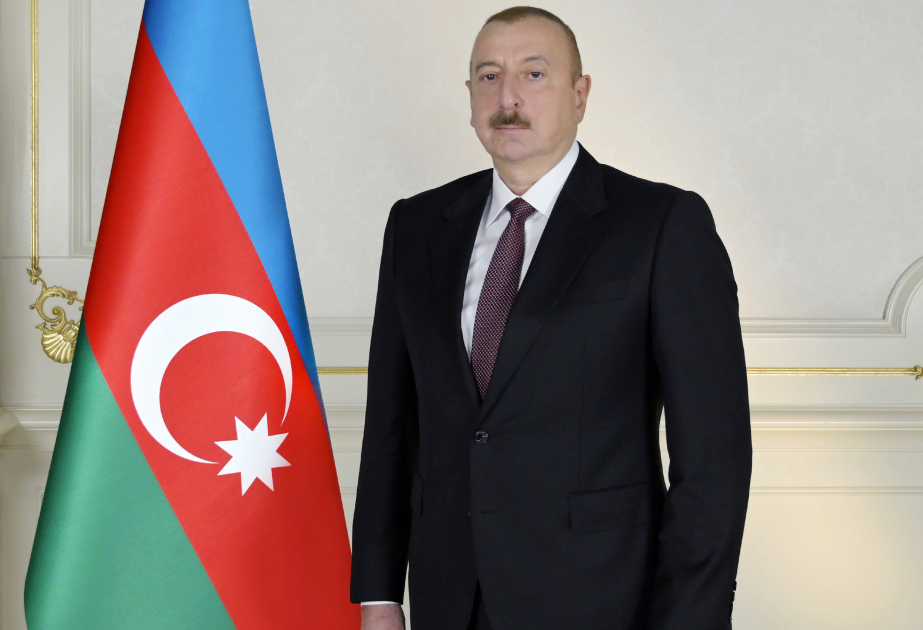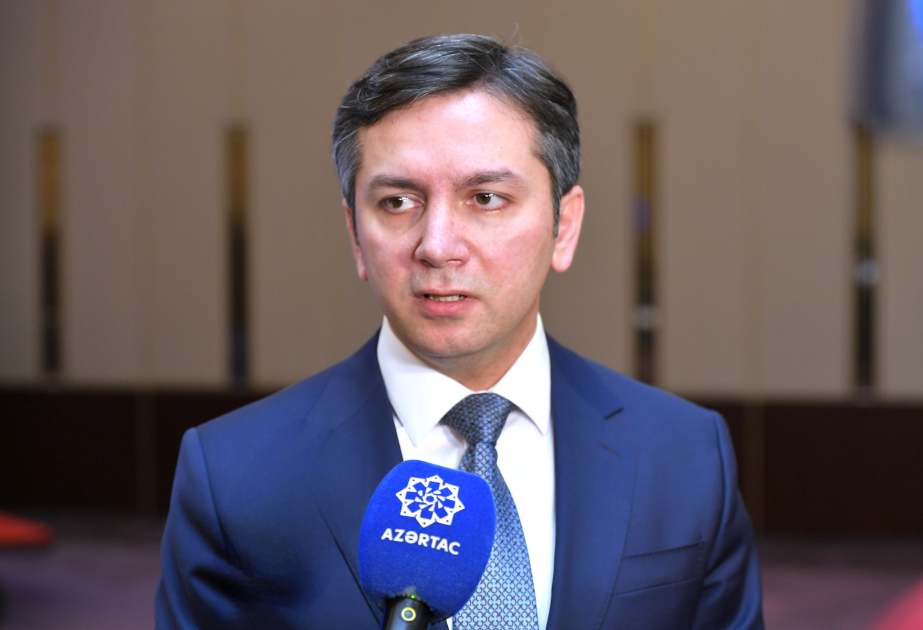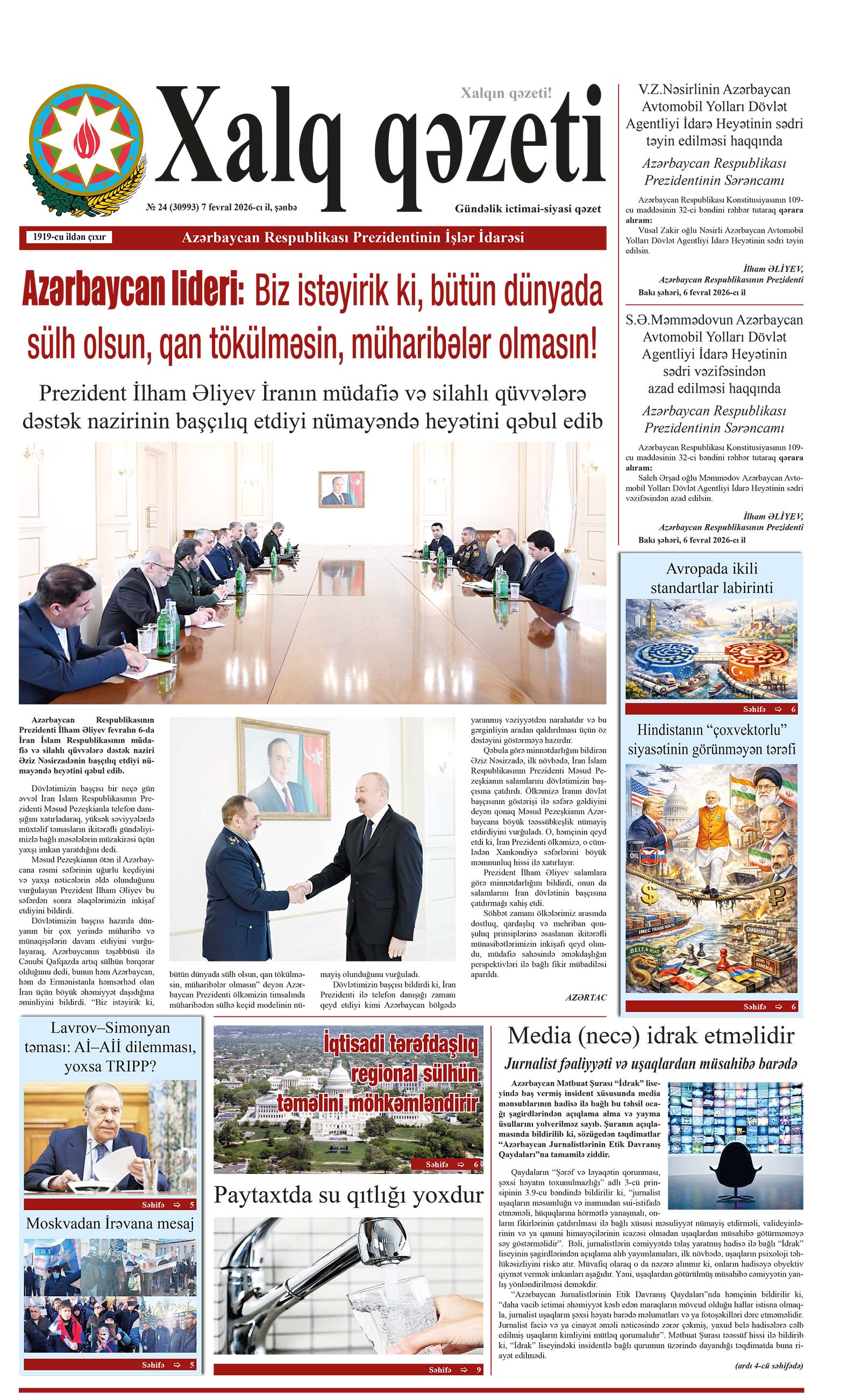In the near future, the leaders of NATO member countries and the European Union (EU) will decide who will lead the North Atlantic Alliance and who will hold the main positions in the EU leadership. Most likely, all key positions in both structures will again be transferred to Western European representatives. However, Eastern European countries are not satisfied with such a perspective, and accusations of discrimination are being raised from the former socialist camp.
The Eastern European "rebellion" started during the selection process of the candidate for the position of the new Secretary General of NATO. This year, on October 1, the current head of the alliance, Norwegian Jens Stoltenberg, will celebrate his decade in his position. Although the leaders of NATO member countries tried to find a worthy replacement for him in previous years, only at the beginning of this year it was determined who the main candidate would be. According to the Western media, the main candidate for the post of the head of the Alliance is Mark Rutte, and the Dutch prime minister is supported by nearly twenty NATO countries, most importantly, the United States, which is the largest donor of the budget of the military alliance and has the largest army.
However, Eastern European countries do not agree with the actual pre-determination of such a choice. For example, Romania took part in the first vote and nominated its president Klaus Iohannis for the position of Secretary General of NATO. Later, the Baltic countries started protesting Mark Rutte's appeal. Estonia expressed its displeasure on the issue. Prime Minister of the country Kaja Kallas said in an interview to "Politico" that if the geographical balance is considered, this will be the fourth general secretary from the Netherlands: "Then the question arises: are there first and second-rate countries in NATO? Are we equal or not? These questions still remain."
Political commentators emphasize that the resentment of Eastern Europeans and representatives of the Baltic countries can be understood. Until now, none of the countries of the region has led NATO. Eastern Europeans are currently underrepresented in any of the positions in the EU's leading institutions, such as the European Commission (EC), the Council of Europe and the European Parliament (EP). In the last 20 years, only Poland has moved forward in this matter. The Prime Minister of the country, Donald Tusk, headed the Council of Europe in 2014-2019, and the other former Prime Minister Jerzy Buzek was the head of the European Parliament in 2009-2012. There are currently only two senior positions in the Eastern European asset. Latvia's Valdis Dombrovski is currently the executive vice-president of the EC, while Romanian politician Mircea Joane works as NATO's Deputy Secretary General.
In 1995, NATO decided for the first time to appoint a person from a country that was not the origin of the alliance - Javier Solan, who was the representative of Spain at that time, as the Secretary General. At that time, only 13 years had passed since Spain became a member of NATO. Experts say now is the right time to appoint one of the Eastern European leaders as the new leader of the alliance. For example, Poland joined NATO in 1999, and Warsaw has the right to lead the Alliance.
But it is still not clear whether the leaders of the Western European countries will listen to the calls of the experts and the claims of their Eastern counterparts. It is believed that in Europe they are enthusiastic about the appointment of the current Polish foreign minister, Radoslaw Sikorski, as the defense commissioner of the European Commission. However, it does not seem realistic that the claims of the Estonian prime minister about European prospects will be received positively in Western Europe. For the past few months, there has been talk in Europe that Estonia's prime minister wants to succeed Josep Borrell as the EU's high representative for foreign policy and defence. However, "Politico" writes, citing diplomatic sources, that this idea was not welcomed so enthusiastically in France and Germany. It seems that the inhabitants of the former socialist camp will have to wait a long time to occupy strategic posts in the "Old Continent".
S. ELAY
XQ


.jpg)

